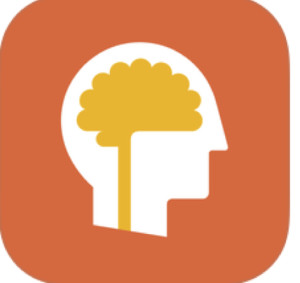PSYCHOLOGY APP OF THE WEEK
Lumosity

iOS & Android (click on either platform for your device)
(free for the very basics but offers in-app purchases)
DESCRIPTION
From Google Play Store and iTunes Store
“Train your memory and attention. Used by over 70 million people worldwide, Lumosity creates a Personalized Training Program that challenges your brain.
SCIENCE BEHIND LUMOSITY
Lumosity is designed by neuroscientists to train memory, attention, and more. With foundations in the study of neuroplasticity, Lumosity games are used in research, and have been incorporated into studies done by top scientists worldwide.”
HOW TO USE THIS APP
Lumosity is a commercial app that has been show to be useful for brain training. Beyond the basic functions which are essentially motivating games, the premium levels must be purchased. There are many reviews of Lumosity that highlight its benefits.






